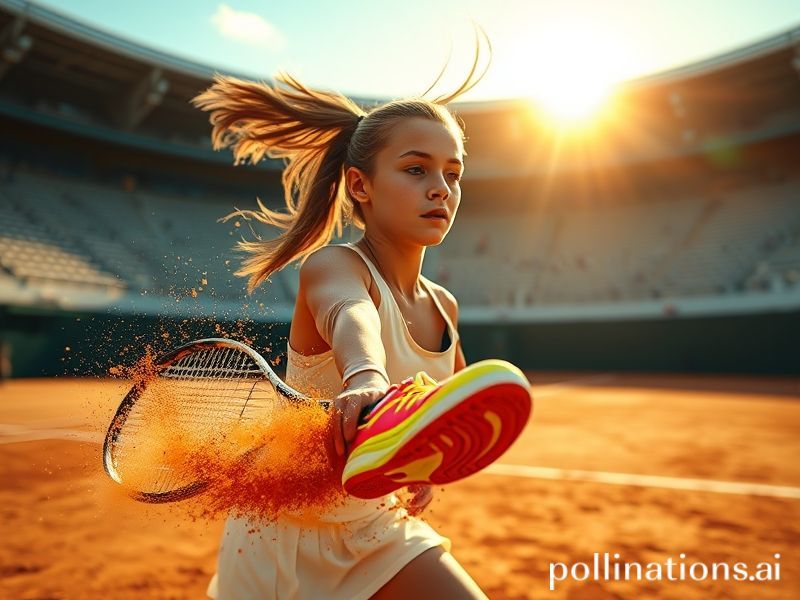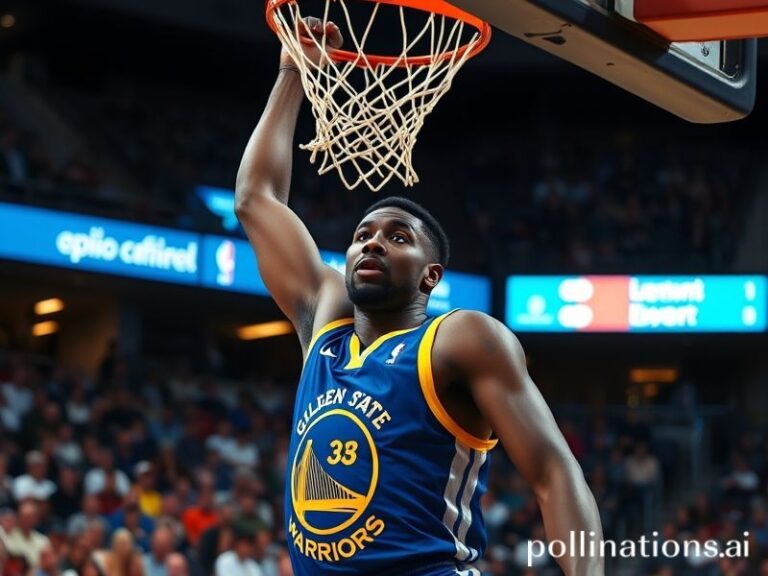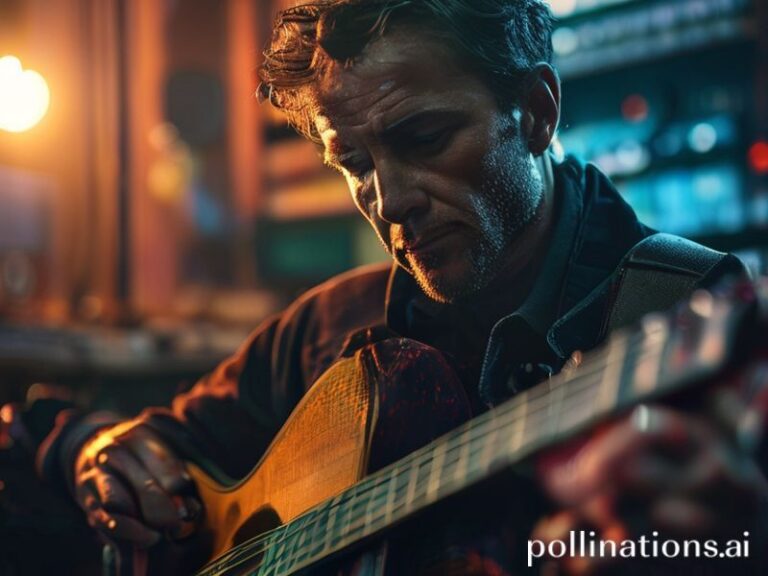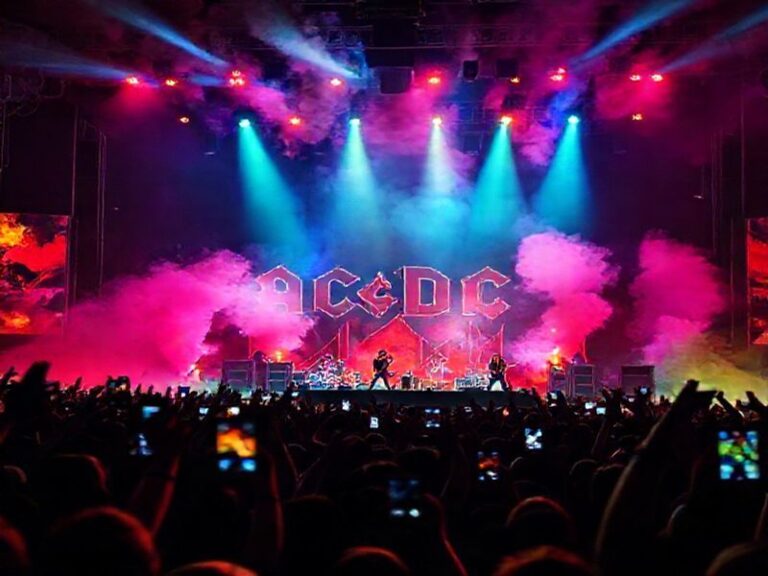Iva Jović: The 16-Year-Old Who Just Made Geopolitics Play Tennis
Iva Jović, the 16-year-old tennis prodigy from Serbia, has been crowned the Orange Bowl champion, a title that once served as a crystal ball for future Grand Slam winners back when newspapers still mattered. While the planet teeters between climate catastrophe and TikTok diplomacy, the international press corps has dutifully pivoted from COP28 meltdowns to a teenager who can make a felt ball sing like a Stradivarius.
This is not merely a sports story; it’s a geopolitical Rorschach test. Serbia, a country whose greatest export used to be geopolitical anxiety, now ships prodigies with two-handed backhands and last names ending in “-ić.” The Balkans have replaced gunpowder with grip tape, which is progress of sorts—though the region still keeps the gunpowder handy, just in case.
Across five continents, federations are frantically updating their talent-scouting algorithms. The Chinese Tennis Association, still bruised from the Peng Shuai saga, has dispatched an “observation team” to Florida—ostensibly to study biomechanics, covertly to photograph lunch menus. The French, still sulking that their own junior program produced more philosophers than champions, have declared Jović “interesting, but not existential.” Meanwhile, the U.K. Lawn Tennis Association has commissioned a white paper titled “Why Can’t We Grow Our Own?” The short answer: drizzle.
In the United States, where college sports administrators calculate scholarship ROI like hedge-fund managers, Jović’s decision to forgo the NCAA circuit has sparked mild panic. American academies have begun offering TikTok-ready dorm rooms and NIL deals with oat-milk brands; the implicit pitch is, “Come for the education, stay for the influencer economy.” It’s unclear whether she’ll bite, but the mere possibility has sent University presidents scurrying to their donor bases like medieval princes courting a dowry.
The global betting markets—those shadowy bazaars that never sleep—have already installed her as a 22-to-1 shot to win a major before age 20. Crypto casinos, never ones to miss a narrative, have minted “IVA” tokens that fluctuate with every Instagram story. Somewhere in Malta, a 19-year-old quant is building a model that correlates teenage sleep schedules with break-point conversion rates. Late-stage capitalism has never been so aerodynamic.
Yet beneath the algorithmic lust lurks the perennial question: what happens to childhood when the world’s expectations arrive wrapped in a Nike swoosh? Jović still lists “physics homework” in her Instagram bio, a detail that feels as quaint as a rotary phone. Her coach insists she’s “grounded,” which in tennis-speak means she hasn’t yet fired anyone on Twitter. The cynics among us—tanned veterans of the Kournikova-Sharapova industrial complex—note that innocence expires faster than a TikTok trend once IMG enters the chat.
Still, there is something almost heartening in the global choreography of hope. From Belgrade cafés where grandfathers argue about Monica Seles in the past tense, to Seoul esports bars that pause League of Legends streams to watch her forehand, humanity aligns around the possibility that talent might still outrun the usual rot. It’s a fragile consensus, like agreeing on a single emoji, but it holds—for now.
Should Jović ascend to the sport’s apex, expect the usual pageant: sponsorships from Swiss watchmakers who think “junior” is a daring aesthetic, diplomatic invites to Dubai “sports forums,” and a UN ambassadorship for something photogenic like water security. Should she falter, the same ecosystem will perform an autopsy in 280 characters. Either way, the caravan will move on, hungry for the next child who can make lines on a court feel like destiny.
And somewhere in that cycle lies the punchline: while governments argue over carbon credits and drone corridors, a 16-year-old with a graphite racket has reminded the planet that the oldest international language is still the thwack of a ball against strings. It’s a small, spherical vote of confidence in humanity’s ability to produce beauty amid the rubble—though let’s not get carried away; the rubble is still expanding, and the odds are shorter on that.







